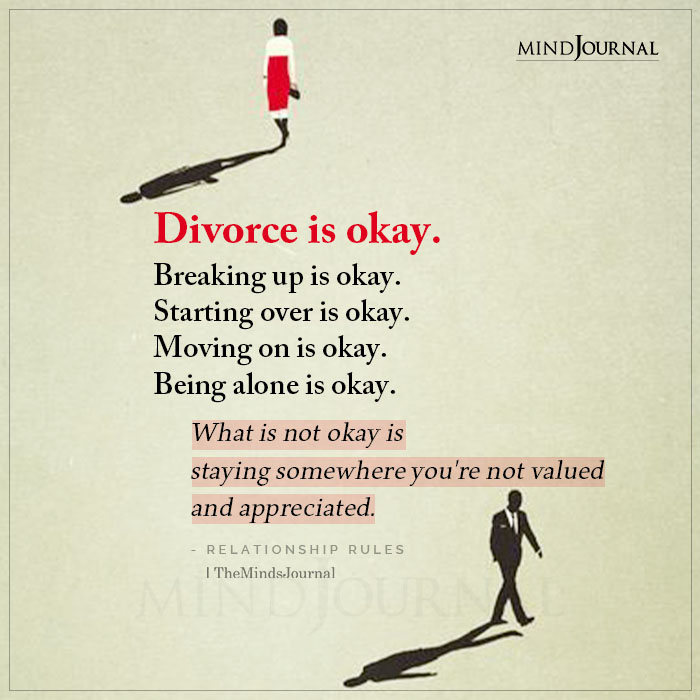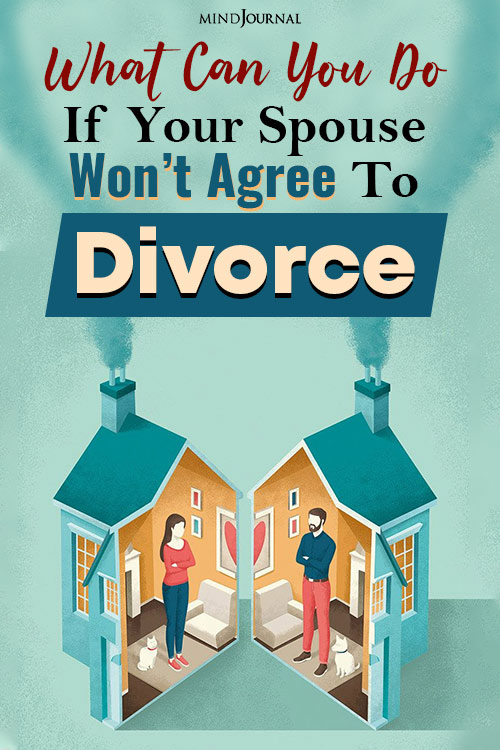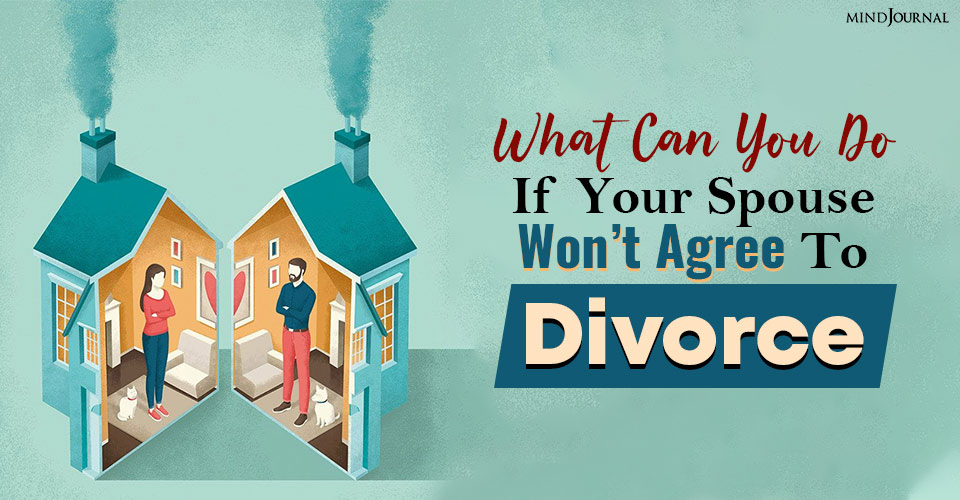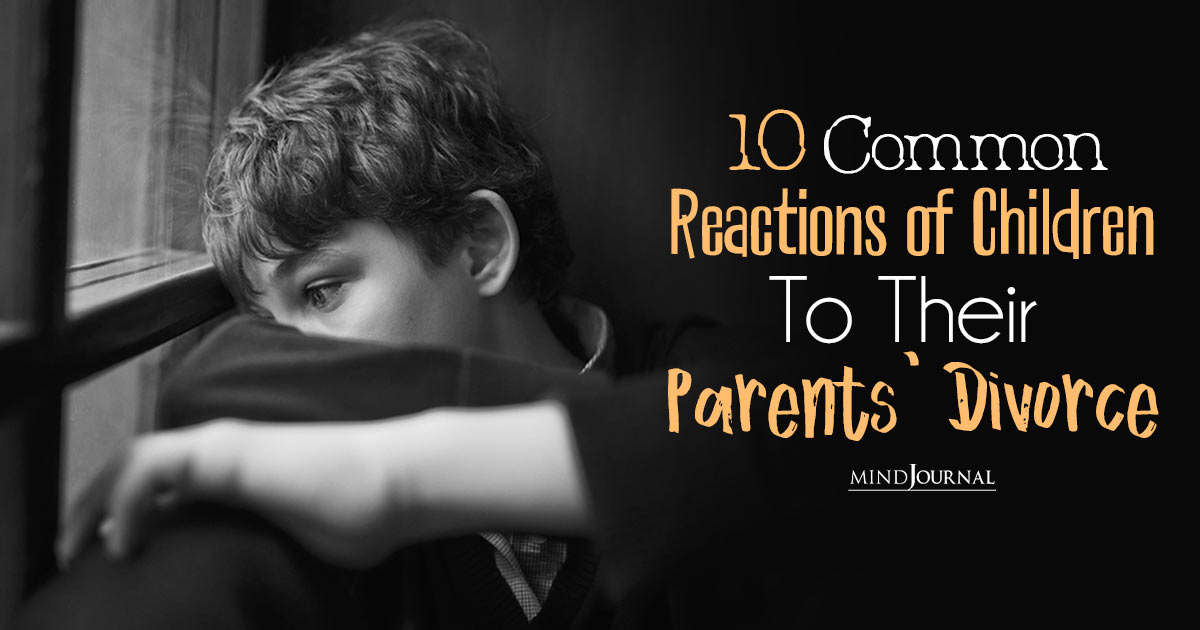Tips to deal with reluctant or resistant spouses. A mutual and amicable divorce is the ideal way to go when it comes to ending an unhappy marriage. But it doesn’t always work like that, does it? In many cases, one spouse refuses to divorce the other, no matter how unhappy their marriage might be.
Key Points: Even if a spouse doesn’t want a divorce, most come to accept that it's inevitable if one spouse is determined to divorce. Resisting spouses can thwart, control, or obstruct the legal process, or it can be a power struggle. They may deal with shame, fear or rage. Seek legal advice to help engage the reluctant spouse in a non-adversarial process. Learn about your divorce process options.
Many of my clients have come to me with this situation. One spouse has decided to divorce and the other spouse doesn’t want to. Why does this happen and what can you do about it?
It is unusual for both spouses to arrive at the decision to divorce together. Usually, one spouse reaches the decision first. In this scenario, that person is you.
Even if a spouse doesn’t want the divorce, most come to accept that the divorce is inevitable if one spouse is determined to divorce. In most states, your spouse does not have to grant you divorce or agree to a divorce. In most states, if one person wants a divorce, there will be a divorce. You may want to check in about this with an attorney in your jurisdiction.
Related: 7 Reasons People Stay In A Marriage That Doesn’t Work
But sometimes the spouse’s resistance is simply not to agree to divorce. Perhaps your spouse has dug in his heels and is refusing to cooperate or even talk about divorce. Remember that in most jurisdictions, your spouse has no legal right to prevent a divorce.
Your resisting spouse may want to preserve the relationship and can be desperate in his or her efforts. They may be paralyzed by shame or fear. Sometimes it comes down to a power struggle between the two of you, or a battle for control.
I have seen resisting spouses do everything they can to thwart, control, or obstruct the legal process, and others who have participated in a passive-aggressive way. Perhaps he or she agrees to the required tasks, such as financial disclosures, but then doesn’t “get around to it.” Some even have threatened suicide to try to prevent the divorce.
These desperate emotions are understandable when one feels that the world is falling apart around them. While the resistance can irritate or infuriate you, it is helpful to hold some compassion for their suffering. Perhaps the resisting spouse will come to accept your decision over time. It may help to slow the legal process down and bring in a mental health professional to support your spouse through this crisis.

Some reluctant clients may be extremely cooperative and loving in the hopes that you will change your mind during the legal process. However, once it is clear that the divorce will go ahead, they can become enraged, punishing, stubborn, or vengeful. If your spouse is hoping that you’ll reconcile, it is important to explain that you are certain about the decision. (If you aren’t, you should stop the legal process and seek counseling to help gain clarity.)
Many of my clients anticipate resistance and so they try to gently raise the subject of divorce. Their intention is not to hurt the spouse but to end the marital relationship. Speaking with kindness is helpful, but you also need to be firm in your decision, without misleading your spouse. You may wrestle with guilt and anxiety and shame. Preparing to tell your spouse that you want to divorce is essential.
If you can begin the divorce process with compassion and kindness, and express a sincere desire to minimize the pain your decision has caused, you can offer a respectful divorce process with attorneys who are “peacemakers.” If you are burdened by guilt get help, because guilt is often a short-lived emotion.
Guilt can turn to anger and resentment when your spouse does not cooperate. Guilt can lead you to make concessions that you might later regret and that is far outside the requirements of the law. Later that guilt can lead you to more resentment and conflict.
If your spouse has been abusive or controlling during the marriage, your decision to divorce might put you and your children at risk. A rejected, abusive spouse who feels he has nothing left to lose can be unpredictable. If this is your situation, create a safety plan for yourself and your children before you speak to your spouse. Be sure that you have consulted with a lawyer first.
Related: 8 Warning Signs You Are Stuck In A Loveless Marriage
What Can You Do If Your Spouse Does Not Want The Divorce?
1. If you have been unhappy in your marriage or considering divorce, let your spouse know that you are unhappy and would like to work on the relationship. Allow your spouse to work with you to repair the relationship. Don’t wait for a crisis to suggest marital counseling. Instead, offer counseling at the first sign of trouble.
2. Be clear about your decision. Carefully consider whether you have exhausted all possibilities of repair of your relationship. This is not a decision to make impulsively, and certainly not one that you want to regret in the future. Don’t threaten divorce during an argument if you are not certain of your decision. Threatening divorce during an argument is cruel and leaves lasting wounds.
3. Once you have made your decision to divorce, be prepared and clear with your spouse about your decision, without raising their hopes of reconciliation or giving a mixed message.
4. If your spouse is blindsided by your decision, they will want an explanation. Prepare yourself for a conversation that is calm, respectful, and compassionate.
5. If you envision a respectful or amicable divorce or want to avoid litigation, you will need the support and counsel of a lawyer trained in mediation or Collaborative Divorce. Your lawyer may be able to invite your reluctant spouse into a non-adversarial process. That professional can help you decide whether your spouse’s resistance will undermine a participatory process such as mediation and refer you to an appropriate divorce process.
6. In some states, a program such as Divorce Options is available to educate you about the various divorce process options, the laws around divorce, and the emotional issues. Parenting information is included if you have children.
Related: Husbands: How To Avoid Being Divorced By Your Wife
Remember That People Survive Divorce, Even Those Who Don’t Want It.
It is not your responsibility to make your spouse accept it, or to deal with their emotional upset. You are not responsible for their emotions.
Many people will assume that because you made the decision to divorce, that you will be happy. You may be seen by friends, in-laws, and family as the perpetrator and your spouse may be seen as the victim.
When you make the decision to end the marriage, you give up your opportunity to be self-righteous, while your spouse often can claim that they are the victim and that they wanted the marriage to survive.
They may claim they wanted the marriage to work (and you didn’t), that they don’t believe in divorce, etc., despite whatever behaviors they may have engaged in that led you to decide to divorce. They may minimize or deny their contribution to the failure of the relationship. The person who decides often has to be accountable for their decision to divorce, but the person who resists isn’t held accountable for their behaviors that have led to that decision.
Know that the emotional upheaval you feel when you decide to end the relationship is normal. Don’t hold back from seeking support from friends, family, or a therapist. Talk about your feelings and the difficulty in making the decision.
© Ann Gold Buscho, Ph.D. 2021
Written By Ann Gold Buscho Originally Appeared On Psychology Today









Leave a Reply
You must be logged in to post a comment.